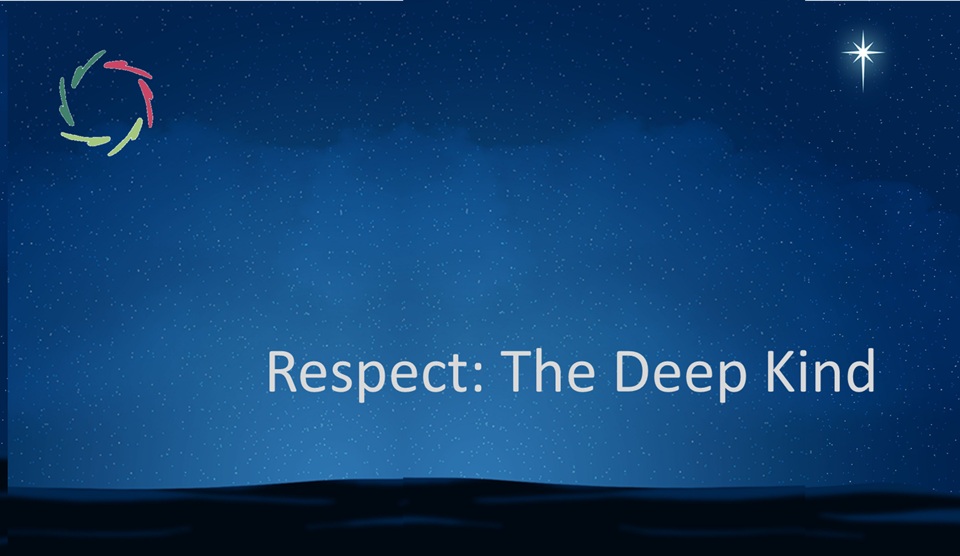True Wisdom = Conceptual + Subconceptual

Western culture has lost a bit the sense of wisdom. Elderly people are foremost ‘passé’ in the sense of not getting the latest technological fad. Hm. Let’s appreciate true wisdom!
Knowledge versus wisdom
The difference is fuzzy, gradual.
In ‘knowledge,’ the emphasis still lies in conceptual processing. From there, more and more subconceptuality may be added, towards where the emphasis lies within the subconceptual itself. This way, knowledge grows to wisdom. In this, the conceptual may even fade somewhat to the background.
A wise person is not necessarily a knowledgeable person, but it helps.
As to what is preferable, I would say a synthesis of both. You might even recognize in this, with some caveat: ‘rationality + poetry.’ [see: “Rationality and Poetry”]. The caveat is why I put in the title: true wisdom. Especially in a complex society as what the world has become.
Eastern enlightenment
According to me, this is pretty much the same as ‘wisdom.’
In Eastern storytelling, such as within the Chan/Zen tradition, enlightenment may come suddenly. We Westerners do not easily see it this way. We see wisdom as hard work over a prolonged period of time. Even so, I think that ‘sudden enlightenment’ in the East is also the result of what comes before: many years of searching. Then everything may suddenly ‘fall into place.’
Wise (wo)men grow
Helping in this are diverse and meaningful experiences in which one keeps an open eye and mind. Experiencing another culture, for instance, for more than the average touristy time and intention. But also as a tourist, you may learn if you don’t travel in a mental bubble. Look around. Let yourself be moved.
Even ‘sea, sand, sun’ can be a source of inspiration. It is to me 😊.
At the other side, a tourist attraction is not always helpful.
Culture in general
I mean: in which people have invested something of their soul, sometimes over the course of many years. ‘Cultural’ may be very diverse, but it’s not just anything. There is quality involved. What this ‘quality’ (poetry, beauty, impressiveness, depth…) precisely is, is difficult to say. It’s subconceptual. Not therefore unimportant. Quite the opposite!
You can look at true culture as a source of wisdom, even if partly or wholly unintended.
Small things
may also lead to wisdom.
Smallness in form, not therefore in content. Like a symbol. [see: “A Symbol Is Always YOU”]
Again, this shows that the main quality of it lies in the subconceptual. This doesn’t need a grand conceptual scheme.
A blink of an eye is enough. The movement of a hand.
Even a spot on a wall. Yeah. Talking about meditation now. The universe is here.
The whistling of a bird.
A memory that never fades even when it disappears in the distance.


